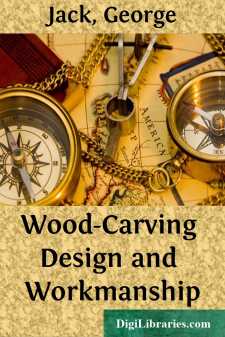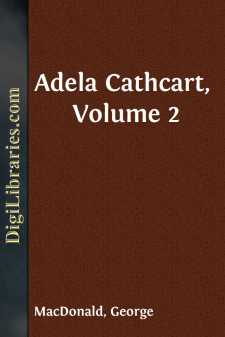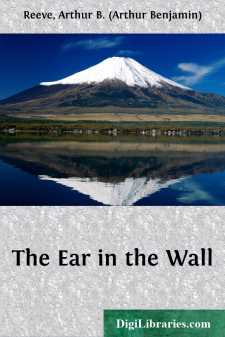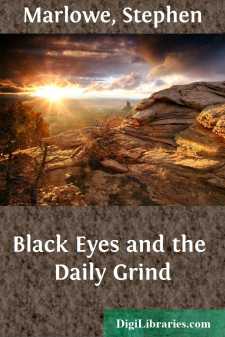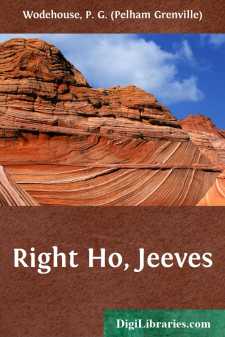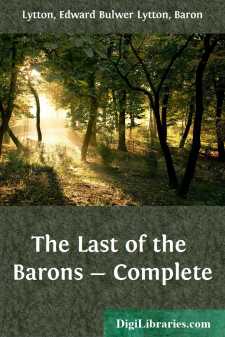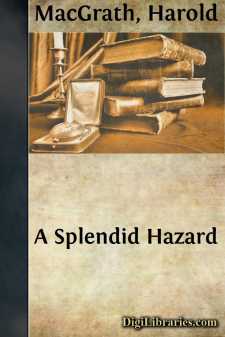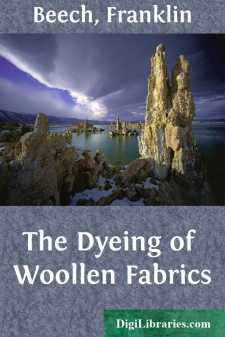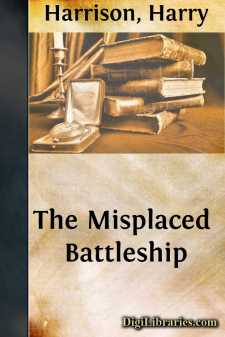Categories
- Antiques & Collectibles 13
- Architecture 36
- Art 48
- Bibles 22
- Biography & Autobiography 813
- Body, Mind & Spirit 142
- Business & Economics 28
- Children's Books 17
- Children's Fiction 14
- Computers 4
- Cooking 94
- Crafts & Hobbies 4
- Drama 346
- Education 46
- Family & Relationships 57
- Fiction 11829
- Games 19
- Gardening 17
- Health & Fitness 34
- History 1377
- House & Home 1
- Humor 147
- Juvenile Fiction 1873
- Juvenile Nonfiction 202
- Language Arts & Disciplines 88
- Law 16
- Literary Collections 686
- Literary Criticism 179
- Mathematics 13
- Medical 41
- Music 40
- Nature 179
- Non-Classifiable 1768
- Performing Arts 7
- Periodicals 1453
- Philosophy 64
- Photography 2
- Poetry 896
- Political Science 203
- Psychology 42
- Reference 154
- Religion 513
- Science 126
- Self-Help 84
- Social Science 81
- Sports & Recreation 34
- Study Aids 3
- Technology & Engineering 59
- Transportation 23
- Travel 463
- True Crime 29
Sort by:
by:
George Jack
EDITOR'S PREFACE In issuing these volumes of a series of Handbooks on the Artistic Crafts, it will be well to state what are our general aims. In the first place, we wish to provide trustworthy text-books of workshop practise, from the points of view of experts who have critically examined the methods current in the shops, and putting aside vain survivals, are prepared to say what is good...
more...
by:
George MacDonald
CHAPTER I. SONG. I confess I was a little dismayed to find what a solemn turn the club-stories had taken. But this dismay lasted for a moment only; for I saw that Adela was deeply interested, again wearing the look that indicates abstracted thought and feeling. I said to myself: "This is very different mental fare from what you have been used to, Adela." But she seemed able to mark, learn, and...
more...
THE VANISHER "Hello, Jameson, is Kennedy in?" I glanced up from the evening papers to encounter the square- jawed, alert face of District Attorney Carton in the doorway of our apartment. "How do you do, Judge?" I exclaimed. "No, but I expect him any second now. Won't you sit down?" The District Attorney dropped, rather wearily I thought, into a chair and looked at his...
more...
by:
Jack Williamson
His "planet" was the smallest in the solar system, and the loneliest, Thad Allen was thinking, as he straightened wearily in the huge, bulging, inflated fabric of his Osprey space armor. Walking awkwardly in the magnetic boots that held him to the black mass of meteoric iron, he mounted a projection and stood motionless, staring moodily away through the vision panels of his bulky helmet into...
more...
by:
Stephen Marlowe
He liked the flat cracking sound of the gun. He liked the way it slapped back against his shoulder when he fired. Somehow it did not seem a part of the dank, steaming Venusian jungle. Probably, he realized with a smile, it was the only old-fashioned recoil rifle on the entire planet. As if anyone else would want to use one of those old bone-cracking relics today! But they all failed to realize it made...
more...
-1- "Jeeves," I said, "may I speak frankly?" "Certainly, sir." "What I have to say may wound you." "Not at all, sir." "Well, then——" No—wait. Hold the line a minute. I've gone off the rails. I don't know if you have had the same experience, but the snag I always come up against when I'm telling a story is this dashed difficult problem...
more...
DEDICATORY EPISTLE. I dedicate to you, my indulgent Critic and long-tried Friend, the work which owes its origin to your suggestion. Long since, you urged me to attempt a fiction which might borrow its characters from our own Records, and serve to illustrate some of those truths which History is too often compelled to leave to the Tale-teller, the Dramatist, and the Poet. Unquestionably, Fiction, when...
more...
by:
Harold MacGrath
CHAPTER I A MEMORABLE DATE A blurring rain fell upon Paris that day; a rain so fine and cold that it penetrated the soles of men's shoes and their hearts alike, a dispiriting drizzle through which the pale, acrid smoke of innumerable wood fires faltered upward from the clustering chimney-pots, only to be rent into fragments and beaten down upon the glistening tiles of the mansard roofs. The wide...
more...
by:
Franklin Beech
CHAPTER I. THE WOOL FIBRE. Wool is one of the most important textile fibres used in the manufacture of woven fabrics of all kinds. It belongs to the group of animal fibres of which three kinds are met with in nature, and used in the manufacture of textile fibres; two of these are derived from quadruped animals, such as the sheep, goat, etc., while the third class comprises the products of certain...
more...
by:
Harry Harrison
HEN it comes to picking locks and cracking safes I admit to no master. The door to Inskipp's private quarters had an old-fashioned tumbler drum that was easier to pick than my teeth. I must have gone through that door without breaking step. Quiet as I was though, Inskipp still heard me. The light came on and there he was sitting up in bed pointing a .75 caliber recoilless at my sternum. "You...
more...


